We hug our loved ones whether happy or sad. You can express what cannot be said by hugging people. But, hardly do we know that this comforting touch does more than just giving you warmth and comfort. Here are surprising benefits of hugging proven by science and reasons why you should give and receive hugs every day.
“I have learned that there is more power in a good strong hug than in a thousand meaningful words.” – Ann Hood
Here’re 7 ways hugging can make you healthier and happier:
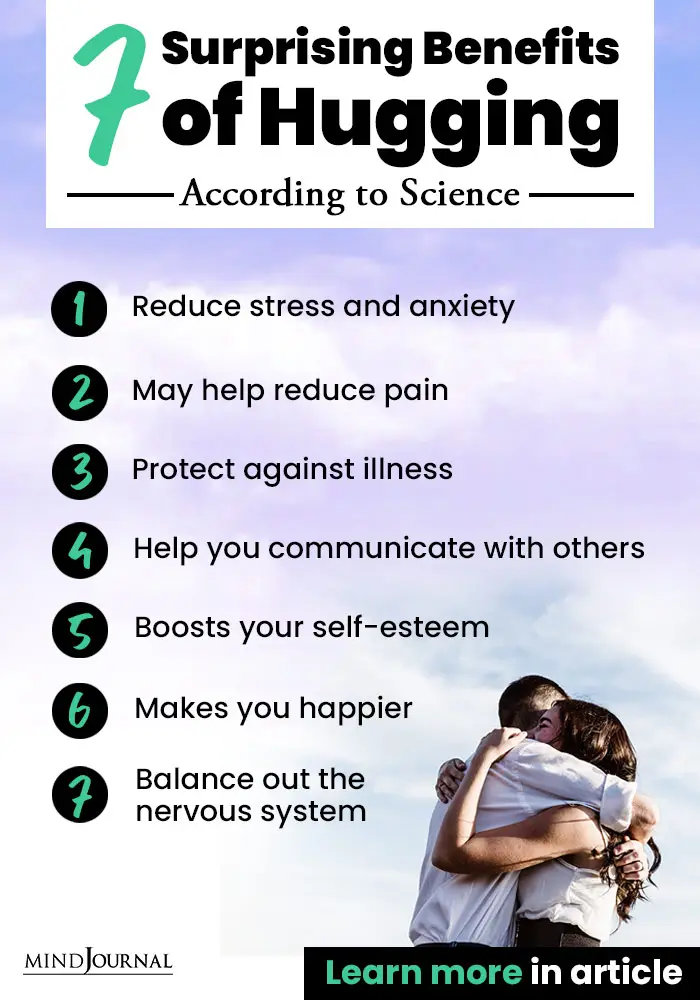
1. Reduce stress
When we hug someone in stress, they feel comforted and lowers the stress of the person doing the comforting. According to scientists, brain imaging studies showed that hugging reduces activity in the parts of the brain associated with stress.

Our pituitary gland releases the hormone oxytocin during the process of hugging. The hormone acts on the brain’s emotional centre, promotes the feelings of contentment. Oxytocin lowers the levels of cortisol – the “stress hormone” in our body responsible for high blood pressure, and heart diseases. Therefore, a heartfelt hug makes us feel happy and peaceful.
Related: 10 Helpful Ways To Increase Oxytocin (Love Hormone) Levels In Your Body
2. May help reduce pain
Touch has therapeutic power! In one study, people diagnosed with fibromyalgia were subjected to six therapeutic touch treatments and each treatment involved light touching on the skin. Post-treatment the participants reported an increase in quality of life and reduced pain. Hugging is a powerful human touch and a natural pain reliever!
Hugs shift your mind and body into a coherent state. When you give or receive a hug your heart’s electromagnetic field switches into a state of coherence with the electromagnetic field of your brain. And the benefits of such coherence are longer life span, lower stress levels, low risk of heart diseases and diabetes, improvement in clarity of thoughts, improvement in mental capacity and lower pain.
No matter how busy you are, take out some time to hug your parents and friends, appreciate and acknowledge one another. Even one sincere hug a day can lower our stress and pain. According to experts, you should try to have as many hugs as you want to reap the greatest positive effects.
Related: 9 Different Types of Hugs And What Each Reveals About Your Relationship
3. Protect against illness
Do you know hugs keep you healthier? According to a study of 400 adults, hugs reduces the chance of a person to get sick. Because you are getting a support system, which reduces your stress and makes you feel good. Even if you feel sick the symptoms are less severe than those with little or no support system. Having affectionate relationships and receiving caring touch is good for your heart health.
After carrying out more than 100 studies on this subject, the Touch Research Institute at the University of Miami School of Medicine concluded that affectionate touch has significant health effects like –
the decrease in symptoms of autoimmune diseases, reduced pain, low glucose levels in the children with diabetes, faster growth in premature babies, and improved immunity in people with cancer.
How can hugs strengthen our immune system?
Well, while hugging there is gentle pressure on the sternum which activates the solar plexus chakra. This process stimulates the thymus gland that regulates and balances white blood cells in our system. These cells play an important role in keeping us healthy and disease-free.
4. Help you communicate with others
Most of the time we communicate with people verbally or through our facial expressions. But, touch plays a great role in sending messages to people. In a study of emotional communication, participants were allowed to touch an unacquainted partner on the whole body to communicate distinct emotions.
The objective was to know how accurately the person being touched identified the intended emotions without seeing the tactile stimulation. Some of the emotions expressed include – love, anger, happiness, disgust, gratitude, sadness, and sympathy,
Hugging is a very comforting and communicative type of gesture. It’s the best way to express your emotions nonverbally to another person. Not only you make them feel valued and loved, but your initiative motivates them to pass on that love and care to others.
5. Boosts your self-esteem
One of the most surprising benefits of hugging is a rise in self-esteem, especially in children. Infants recognise their parents with their loving touch and this tactile sense is embedded in their cellular system and nervous system. And hugs remind them that at a somatic level. Hugs also trigger the ability to self-love.

Scientists showed that people with low self-esteem can reduce their fears and anxiety with hugs. Because touch keeps people from isolating themselves when reminded of their mortality. Give and receive more hugs, it will reduce your fears about existence.
Related: How To Boost Your Self-Esteem Quickly: 12 Simple Tips
6. Makes you happier
Hugs stimulate our brains to release dopamine, known as the happy hormone. It makes us feel good, relaxed, confident and keeps us motivated in life. Dopamine is associated with happiness, less stress and anxiety.
This hormone is present in high amount in people having harmonious family relationships and those who get more frequent hugs with their romantic partner. Low dopamine levels increase the risk of depression and neurodegenerative diseases like Parkinson’s disease.
Other hormones that make you happier are endorphins and serotonin and both are rleased when reaching out and hugging your loved ones. These hormones are associated with creating happiness and pleasure-seeking behaviour. Besides elevating mood, they help you negate pain and sadness. That’s how hugging naturally works as antidepressants to make you happier.
Related: Harvard Study Finds #1 Way To A Good Life
7. Balance out the nervous system
When we are highly stressed our sympathetic nervous system gets activated and to balance this activity we need a parasympathetic nervous system, which is responsible for rest, recovery and digestion.
Our skin contains Pacinian corpuscles, that help us lower blood pressure, they can also sense touch. These pressure centres are connected to our brain through the vagus nerve. Each time you hug someone, these pressure sensors on our skin activate our parasympathetic nervous system. Hence, hugs help us restore energy and shift into a more balanced state.
Wrap Up
A hug is the best gift to give and receive and its free of cost! Because few seconds of hug makes you feel so relaxed, loved, rejuvenated, and motivated. It’s the best natural antidepressant that too without any side effects. You need to hug every day!
As per psychotherapist Virginia Satir, “We need 4 hugs a day for survival. We need 8 hugs a day for maintenance. We need 12 hugs a day for growth.”
Now, these numbers may or may not have been scientifically proven, but there is a great deal of research evidence on physical and mental health benefits of hugging
The digital world has bought us too close to screen touch and took us far from human touch. For those who are not tech-savvy, whether you seek solitude or rate race, both take you far away from social interaction. I think the world needs more human touch and nothing can beat the benefits of hugging. Hug more, enjoy the whole host of benefits associated with hugging and live happily.
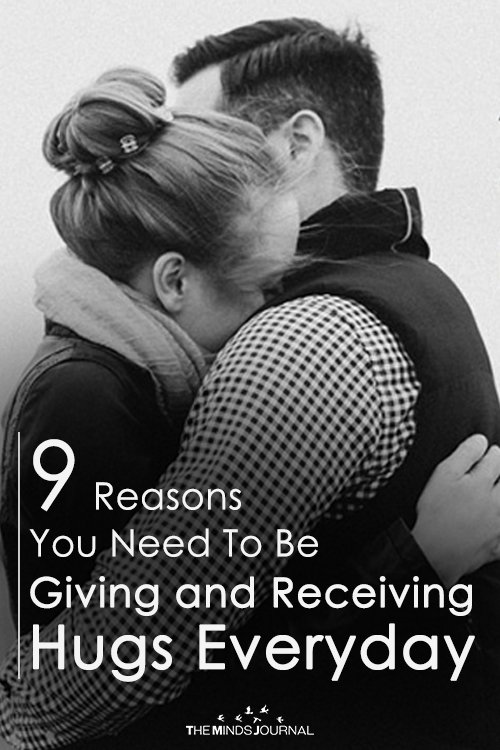





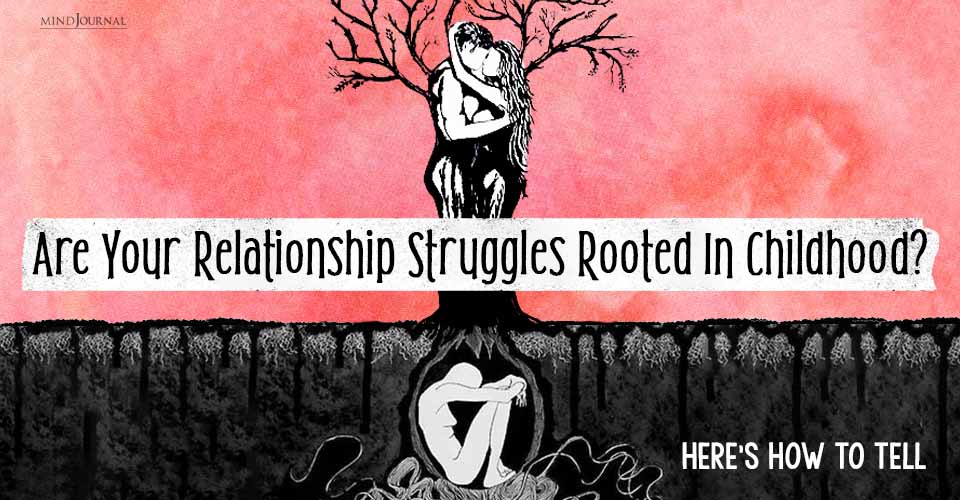

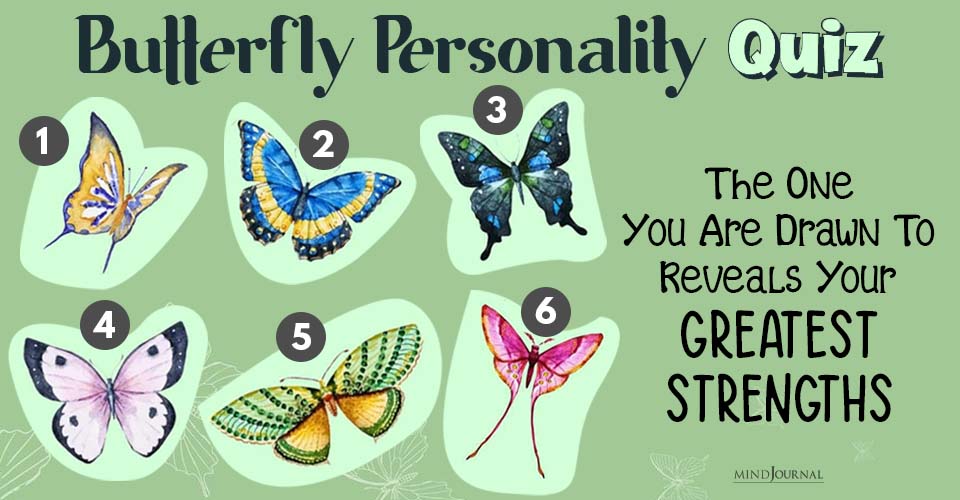



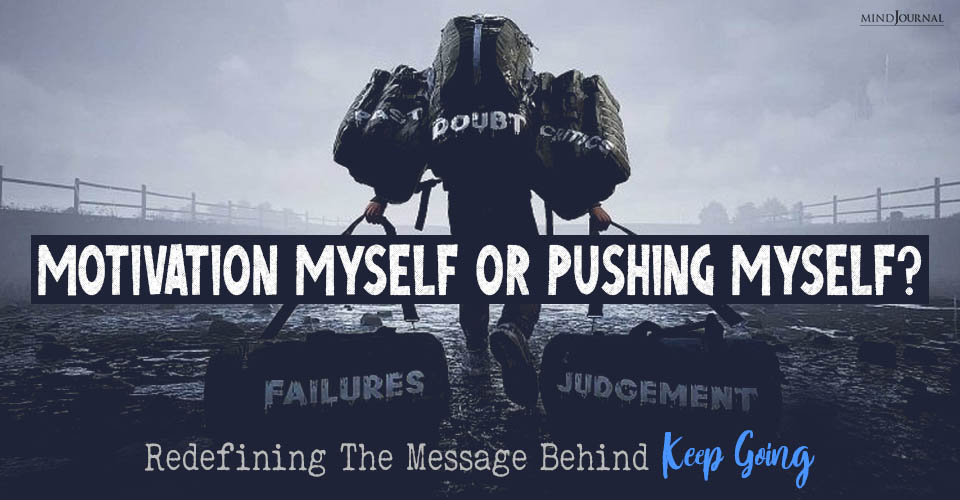
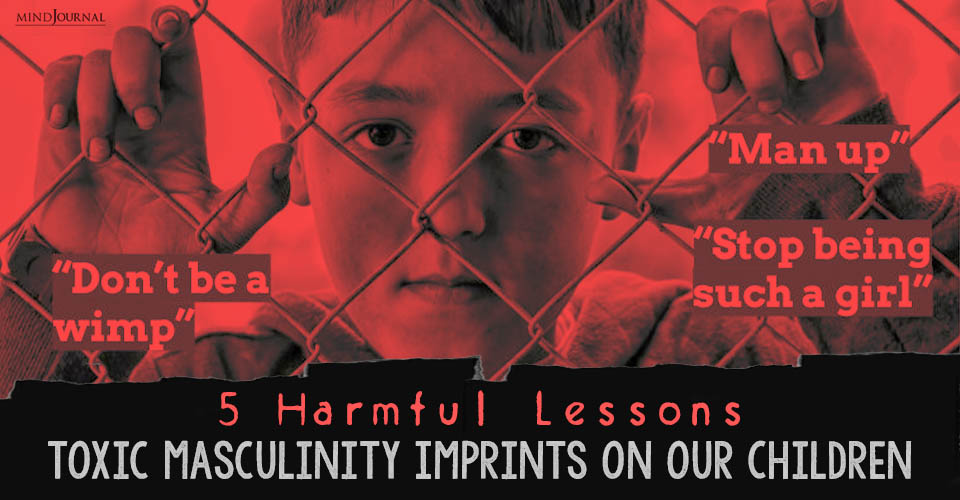


Leave a Reply
You must be logged in to post a comment.